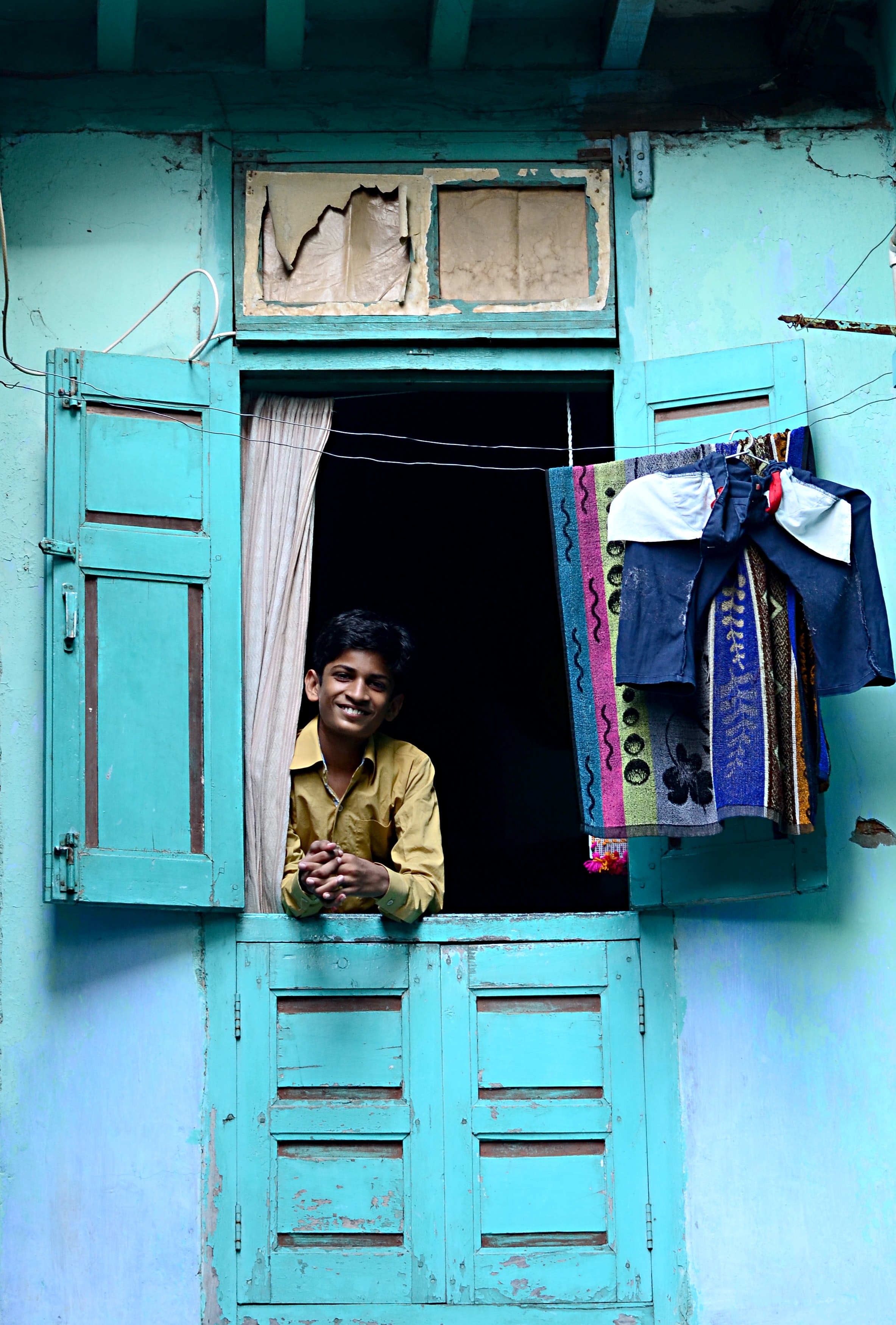What is hope? The Dictionary by Merriam-Webster defines hope as “desire accompanied by expectation of or belief in fulfillment.” Cambridge Dictionary defines it as “something good that you want to happen in the future, or a confident feeling about what will happen in the future.” Collins Dictionary offers this: “a feeling that what is wanted is likely to happen; desire accompanied by expectation.”
What all of these definitions have in common is the notion that hope is a desire for a better or improved future. But in reality, hope is so much more than that. It is an often-undervalued prerequisite to being motivated. Hope is the fuel needed to pursue goals, a cognitive tool to visualize the various ways one can overcome obstacles, adapt to changing circumstances, survive, and succeed.
The debilitatingly pragmatic, calcified realists among us are often quick to bash hope, arguing that hopeful individuals are more likely to be naïve and blissfully optimistic. Such a broad interpretation of hope classifies it as blind, lacking logic and unfounded. But the importance of hope as a psychological vehicle to achieve goals and improve overall feelings of well-being is scientifically backed.
Psychologist Charles R. Snyder and his colleagues introduced us to Hope Theory in 1991. They defined hope as a positive motivational state derived from goal-directed energy, which they identified as agency, and routes taken to achieve goals, which they called pathways. According to their theory, hopeful individuals are more likely to overcome barriers and use pathways to think of ways to achieve goals.
Other studies throughout the years have shown a correlation between hope and academic achievements, athletic achievements, and productivity in the workplace above intelligence, optimism, and self-efficacy.
Aside from these scientific studies, even if some of us chose to ignore hope’s real value, we intuitively know its association with survival. Without hope, we succumb to pessimism, give up more quickly, accept the status quo, and become complacent. Without hope, we miss opportunities, are blind to possibilities, and limited by anxieties and fear. Without hope, we lose faith in ourselves, in others, and in humanity. We become cynics, feel sorry for ourselves, and are shackled by victim mentality.
When we hope, we believe. We believe in winning, in persevering, in seeing our dreams for a better future realized. We become innovative, think of different avenues to achieve our goals, feel empowered, and motivated. So hope is the key. The key to survival; to evolve, improve, and adapt.
In today’s pandemic environment, hope plays an even more critical role in our mental well-being. Optimism and positivity are also essential, but having hope is a necessary precursor to both. To understand this better, let’s consider the difference between hope and optimism. While hope is the desire accompanied by the expectation for a better future, optimism is the belief that what you’re hoping will eventually happen. Hope is goal-oriented, purpose-driven, and solution-based, while optimism is outlook-oriented, attitude-driven, and hopeful-based. Consider also the difference between optimism, which is a trait, and positivity, which is a choice.

Cultivating, developing, and nourishing these three constructs – namely hope, optimism, and positivity – should become part of our daily mindfulness routines, especially as we navigate through life challenges during COVID-19. Hope will motivate us to believe in a future free from the limitations placed on us by this virus. This motivation will guide us to set goals and find pathways to achieve these goals. It will give us a solution-focused mindset where life without this virus is a top priority. Without hope, fear will embolden, and chaos, lurking just around the corner, will be encouraged to make an appearance.
Optimism and positivity also play critical roles. Optimism will furnish us with the belief that what we’re hoping will come to pass, in turn, enhancing our faith in our hope. And positivity will enhance our tenacious commitment to remain optimistic.
Strengthening these three constructs, incorporating positive mindfulness routines, and shifting our mindset to look at our current situation as an opportunity rather than a limitation, will help us manage our anxiety and stress, and maintain a clear and calm mind.
If you’re interested in incorporating hope, optimism, and positivity into your mindfulness practice, I have created a new guided mindfulness meditation that may be valuable to you. Try it on The Healing Salon’s podcast and YouTube channels.


